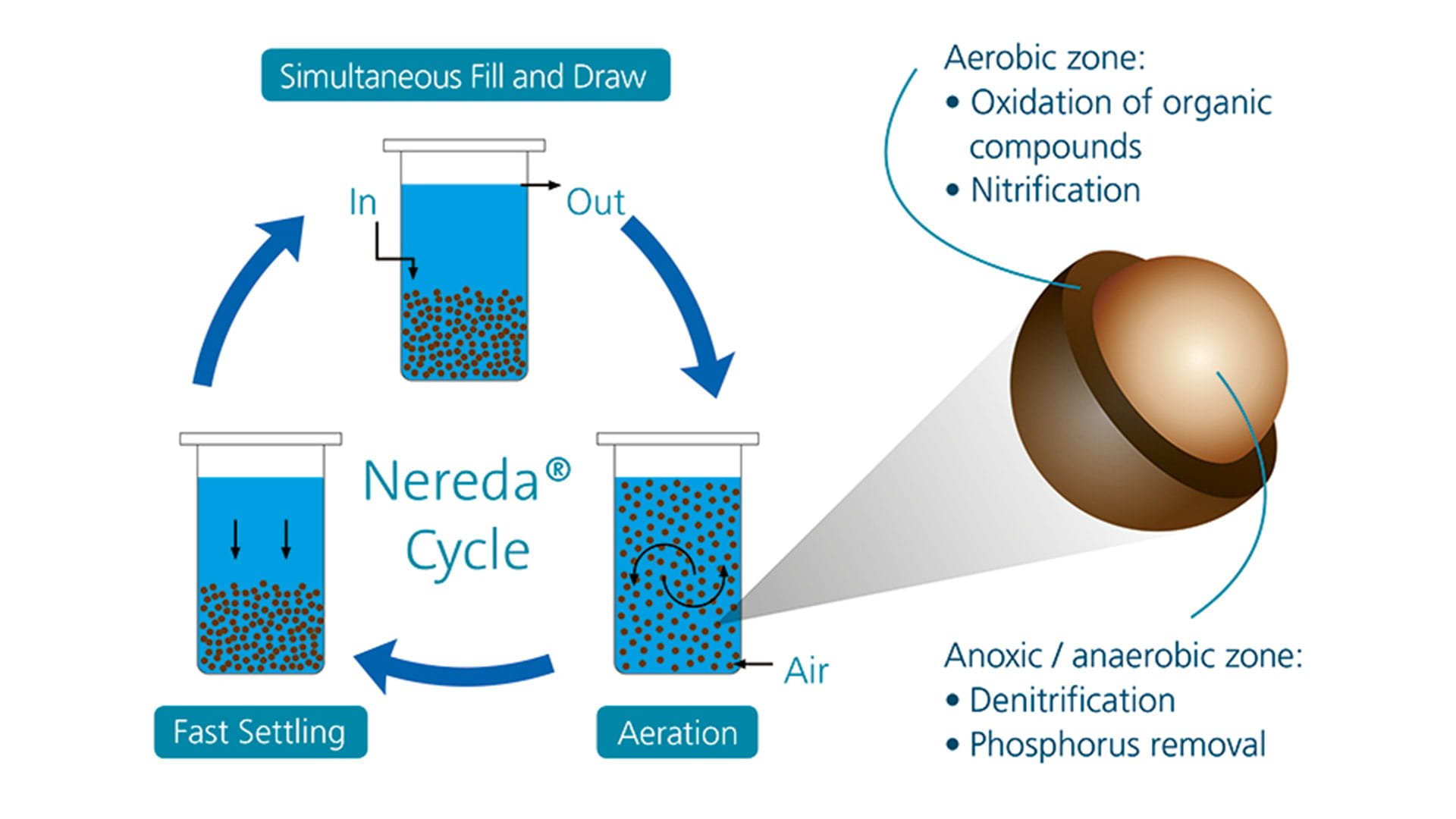Nereda® Aerobic Granular Sludge Technology
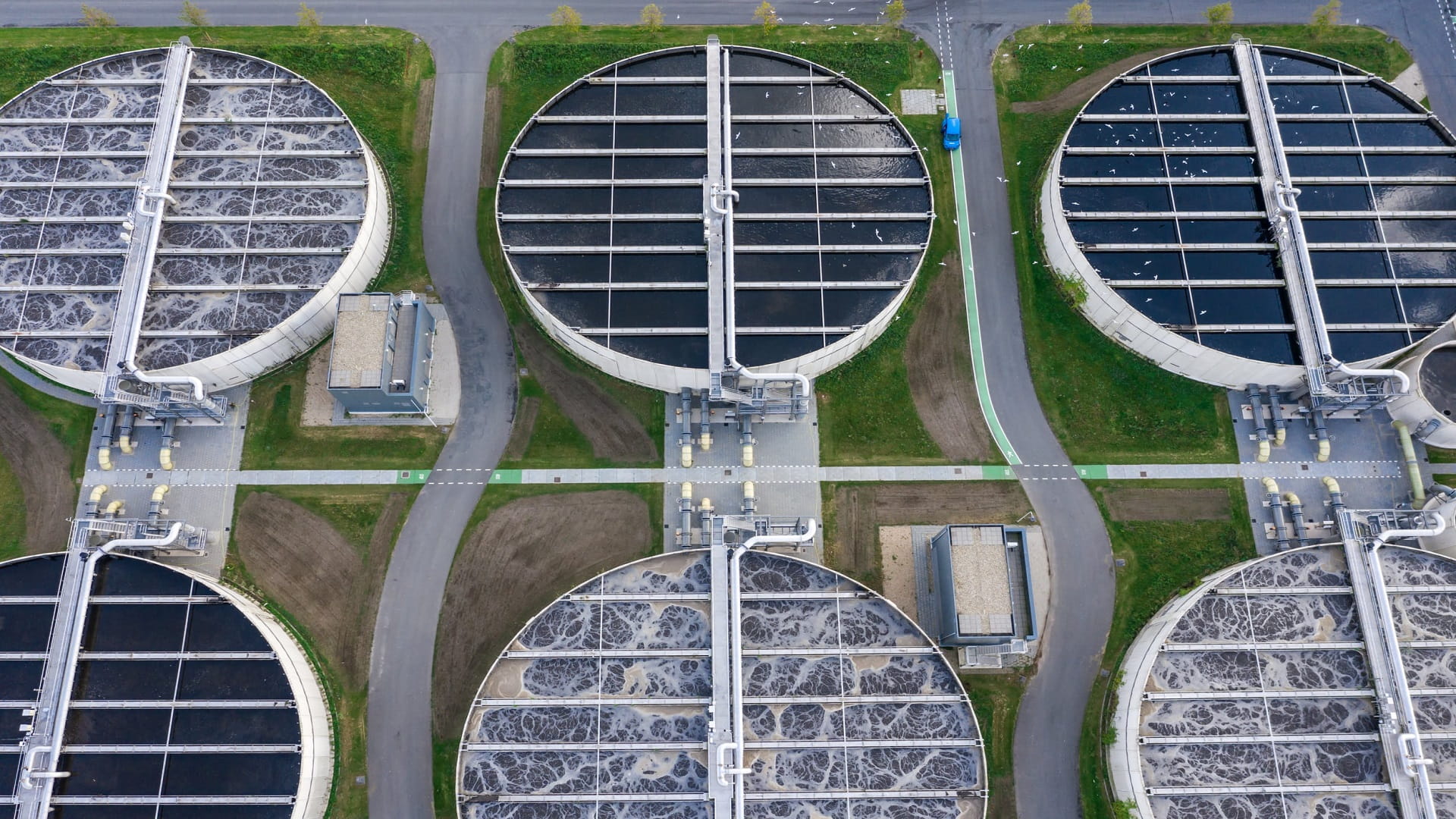
Invented by Professor Mark van Loosdrecht at the Technical University of Delft in the Netherlands, Nereda aerobic granular sludge has changed the way the world treats wastewater biologically. Proven at full scale since 2005, Nereda is now enabling wastewater treatment plants on six continents to increase capacity, enhance nutrient removal, and reduce operational costs – while also reducing energy and chemical use. It’s popular as both a new build and retrofit solution.
Compared to conventional activated sludge, Nereda typically achieves better performance with:
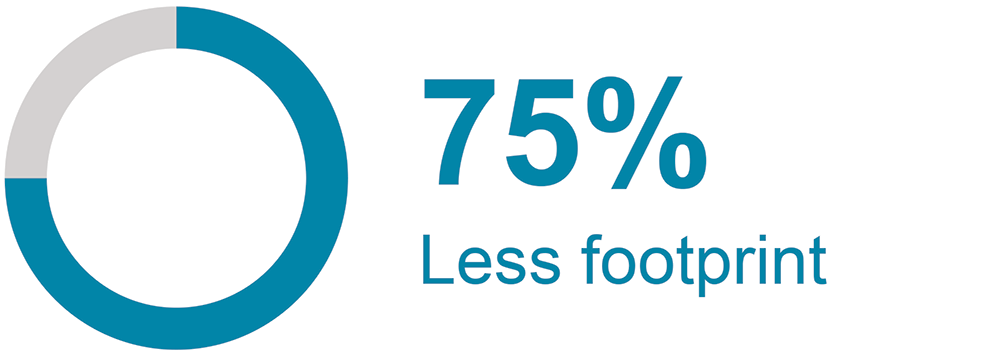
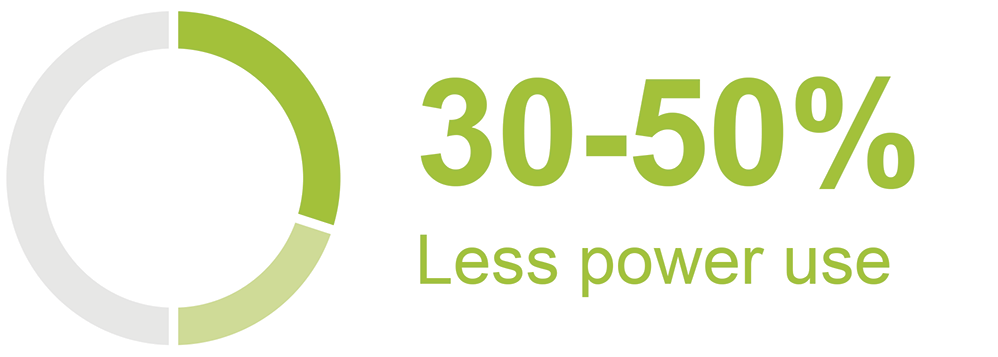
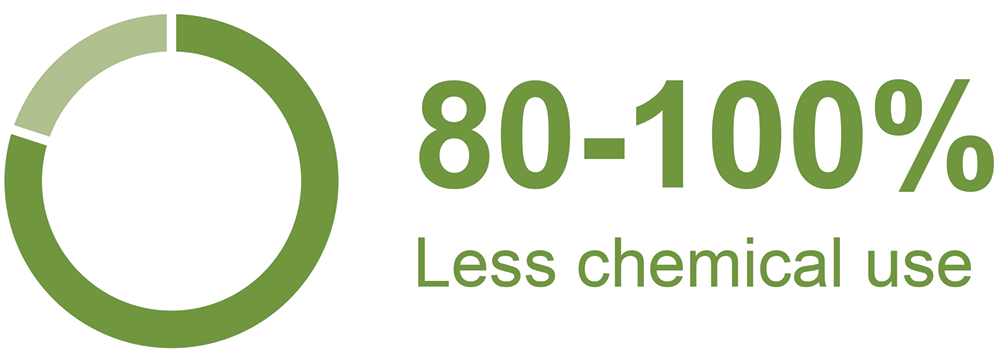
Advantages
Excellent effluent quality
Easy to operate
Cost-effective
Sustainable
Future-proof
Easily scalable; Key to delivering Net Zero and achieving energy neutral/positive WwTW’s
Nereda® wastewater treatment technology - how it works
How Nereda® Biological wastewater treatment works
Nereda® is a biological wastewater treatment technology that leverages the power of aerobic granular sludge. That means, it uses the same bacteria as conventional activated sludge, with better performance, more resilience and with no seeding or substrate required.
Within a Nereda® reactor, through a simple three-step cycle, the purifying biomass in Nereda grows naturally as compact aerobic granular sludge, with superb settling properties. An important feature of the granules is that aerobic and anoxic/anaerobic zones co-exist. This enables a large variety of biological processes to happen simultaneously, like nitrification, denitrification and biological phosphate removal.
For answers to some frequently asked questions, see our guide under Resources
